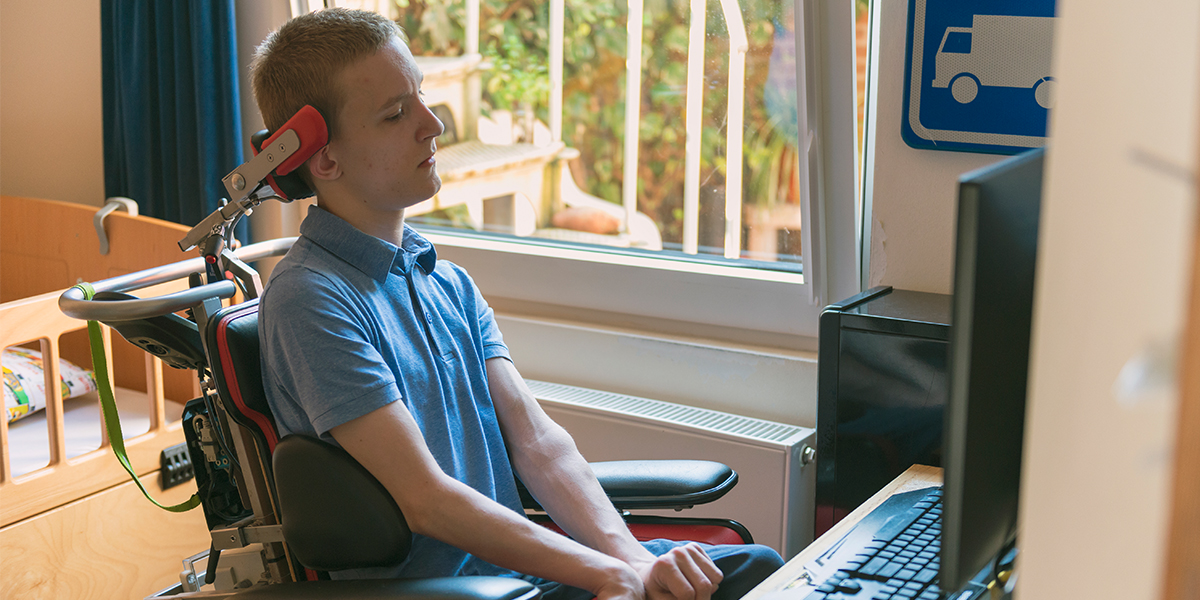Hackensack University Medical Center Offers Personalized Treatment for Rare Form of Familial ALS
ALS Center provides individualized genetic treatment and care for a rare form of ALS

Florian Thomas, M.D., Ph.D., co-director of the ALS Center at Hackensack University Medical Center, is working with the n-Lorem Foundation, a philanthropic organization dedicated to providing personalized treatments for people with extremely rare diseases, to deliver genetic treatment for four young adults who share a mutation in a gene linked to childhood-onset amyotrophic lateral sclerosis (ALS).
“The treatment is designed for these patients who with only seven others worldwide with the same condition are known to have mutations in the same gene,” said Dr. Thomas, who is also chair of the Neuroscience Institute & Department of Neurology at Hackensack University Medical Center and professor of Neurology at Hackensack Meridian School of Medicine. “The treatment—which is fully funded by the n-Lorem Foundation—will be designed to inactivate the defective gene and allow the normal gene to function on its own.”
Dr. Thomas, along with other physicians at Hackensack University Medical Center, participated in research that led to the discovery of this subtype of ALS. With onset before age 25, this form of ALS worsens more slowly than usual but can be equally severe. The gene in question, SPTLC1, codes for an enzyme that produces a type of fat called sphingolipids.
The research findings suggest that suppressing activity of the defective SPTLC1 gene may be an effective strategy for this rare subtype of ALS—and Dr. Thomas is applying this approach to the family’s personalized treatment.
“It will take about a year to develop this treatment and test it in cell culture, before we can provide it to our patients,” he said. “We are committed to finding the best possible treatments for our patients, including working with philanthropic organizations to explore personalized therapies and conducting research that advances our understanding of nano-rare gene mutations that cause neurodegenerative conditions.”
Learn more about neurological innovations at Hackensack University Medical Center.
